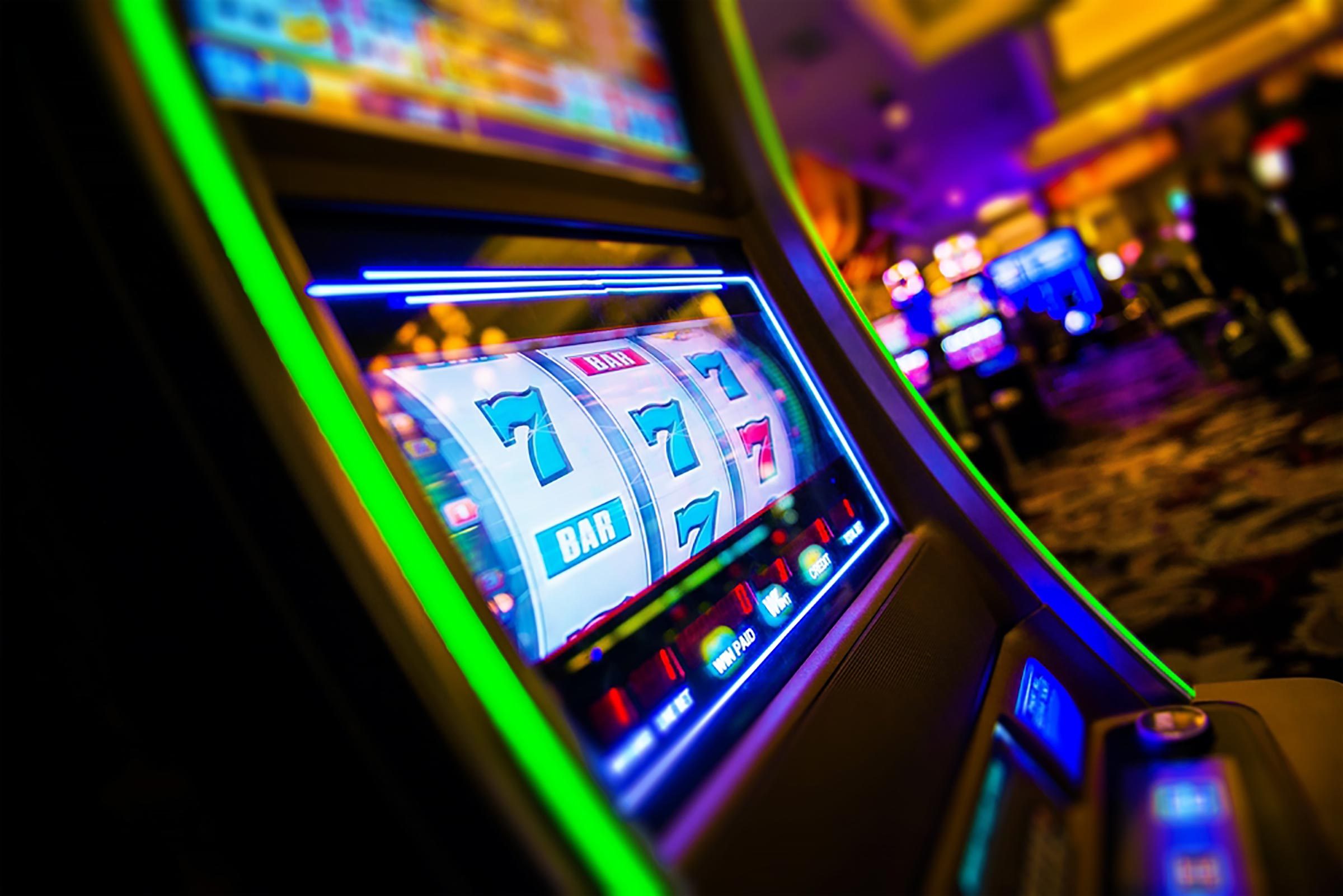
A world of casino games is constantly transforming, influenced by changing laws, technological advancements, and changing market demands. While authorities and regulatory bodies strive to create a safe and just environment for gamblers, the landscape of casino regulations is undergoing major changes. Grasping these developments is important for both sides of casino operators and players looking to explore the thrilling yet complex world of gaming.
Recently, multiple areas have suggested and enforced new regulations targeting improving player protection while promoting ethical gaming. These updates not only impact the varieties of gambling games offered but also how they are marketed and accessed. In this piece, we will examine the latest regulation changes, their consequences for the gambling sector, and what players can expect as they engage with their favorite casino games.
Revised Governance Frameworks
New developments in gambling legislation are defining the future of gambling entertainment across different areas. Regulators are realizing the necessity for a robust governance framework that not only protects gamblers but also ensures fair play and sensible gambling. These frameworks are crafted to tackle concerns such as digital gambling, digital currencies, and developments in technology, reflecting the transforming environment of the casino sector.
One major development is the adoption of tighter rules regarding transparency and consumer security. Gambling venues are now mandated to offer transparent data on probabilities, payout rates, and the associated risks involving gaming. This transition aims to empower gamblers by helping them make informed judgments while also aiding to combat gaming issues through sensible gambling initiatives. Casino owners are obligated to set up self-banning systems and offer resources for individuals seeking help.
Additionally, new rules are being implemented to new technologies such as virtual reality and blockchain in gambling activities. Oversight bodies are developing standards to assure that these advancements maintain integrity and equity while also safeguarding gambler information. As the sector advances, authorities are modifying to verify that innovations improve the gaming environment while protecting both customers and operators.
Influence on Casino Game Diversity
The recent updates in gaming regulations have unlocked new avenues for casino games, allowing for enhanced innovation and diversity within the field. As regulatory bodies modernize their standards, creators are motivated to develop original game offerings that cater to a wider market. This has led to a diverse tapestry of fresh titles, incorporating various topics, genres, and features that were formerly ignored or constrained by tighter rules.
With a less rigid set of rules, gaming establishments are now able to test alternative types of games, including skill-focused games and participatory play. https://bet88bn.com/ This transition has produced a surge in fusion games that blend conventional casino elements with current gaming styles, such as video gaming and augmented reality. By expanding the variety of games presented, gambling establishments can appeal to not only veteran gamblers but also casual players who may prefer less conventional choices.
Furthermore, the advancement of rules has emphasized clarity and fairness in games, which could instill higher trust from players. As a consequence, consumers are more inclined to consider a greater range of game options, knowing they are interacting with services that comply with modern guidelines. This growing belief enhances involvement and can ultimately propel revenue growth as more diverse choices meet diverse preferences and audiences in the gambling landscape.
Future Trends in Regulation
As the casino landscape develops, authorities are progressively focused on adopting technology-based solutions to enhance clarity and fairness. The adoption of blockchain technology into gaming operations is projected to gain momentum, allowing for enhanced oversight of operations and ensuring that activities remain just and secure. This shift could lead to a compliance framework that accepts these improvements, promoting trust among participants and providers alike.
In addition to technological integration, there will likely be a stronger emphasis on responsible gaming methods within the regulatory environment. Authorities are predicted to implement more stringent measures to promote participant protection, including mandatory self-exclusion initiatives and effective age verification processes. This change aims to safeguard vulnerable populations while ensuring that the enjoyment of gaming activities is upheld for responsible gamblers.
Lastly, as internet gaming continues to expand globally, standardization of regulations across different areas will become a urgent need. Countries may endeavor to collaborate more closely on common standards for licensing, operation, and taxation. This could lead to a more efficient regulatory system for global operators, fostering a wider acceptance of internet gambling platforms while maintaining high levels of participant protection and fairness in the gaming industry.
